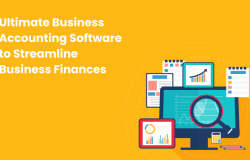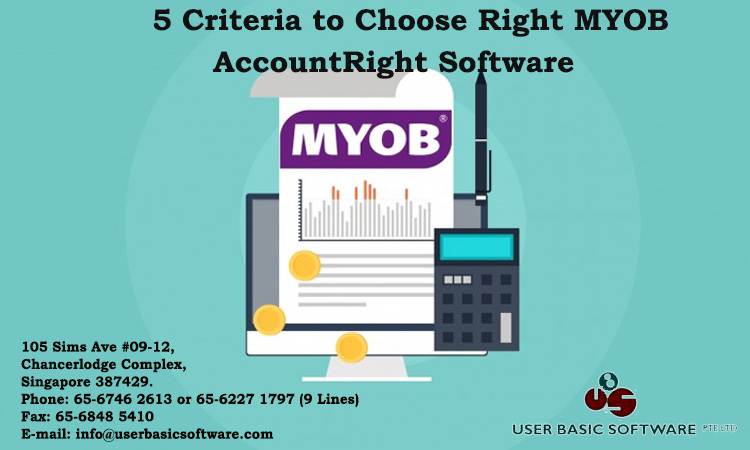The conventional image of the stable, vigilant accountant is set for an unexpected defeat. New technology, new software, and new rules mean the role of the accountant is prepared for a revamp. Artificial intelligence, automation, cloud accounting, Open Banking, creating Tax Digital all promise to rework the accountancy and consultatory profession, and, by extension, produce vast new opportunities for the companies they serve. So, what’s driving this change? What’s the importance for accountants? And what’s going to be impacted for businesses? Key drivers of changeFinancial data are flowing quicker and freer than ever. Bigger access to information, automation of processes and addition of software and tools is putting more influence at the fingertips of key decision makers inside businesses, allowing for more responsive and better-informed decisions.
Artificial intelligence and machine learning in software and apps promise to unearth faraway bigger insights than manual analysis will presently provide. Increasing automation of processes around invoice management, credit management, income prediction, and reconciliations, to call however many can scale back the time accountants ought to pay on these usual duties, releasing up resources and know-how to focus on more value-adding projects.
Cloud Accounting packages offered by Userbasicsoftware are bringing along these capabilities and giving businesses access to that accounting software from anyplace and at any time. However, there’s additionally a propagation of financial technology and software. This can enable customers and businesses bigger to power to choose and combine the solutions that meet their desires best. These developments can obviously have extensive and transformative effects on accountants and businesses. Impact on businesses several of the advantages for businesses are clear.
Businesses, in spite of how tiny, can have access to real-time financial data and reporting. This can enable them to obtain the preventive action or to react instantly to evolving things. And also the bigger access to information and more influential tools may lead to raised insight and decisions around budgeting, forecasting, analysis and resource management.
The most important role of qualified accountants, obviously, is that of delivering the financial information to stakeholders and serving to make sure businesses are gainful, compliant with a set of laws and remain as a going concern. However, the proliferation of innovative technology, software, and regulation, promise to present some thrilling opportunities for accountants and businesses.














